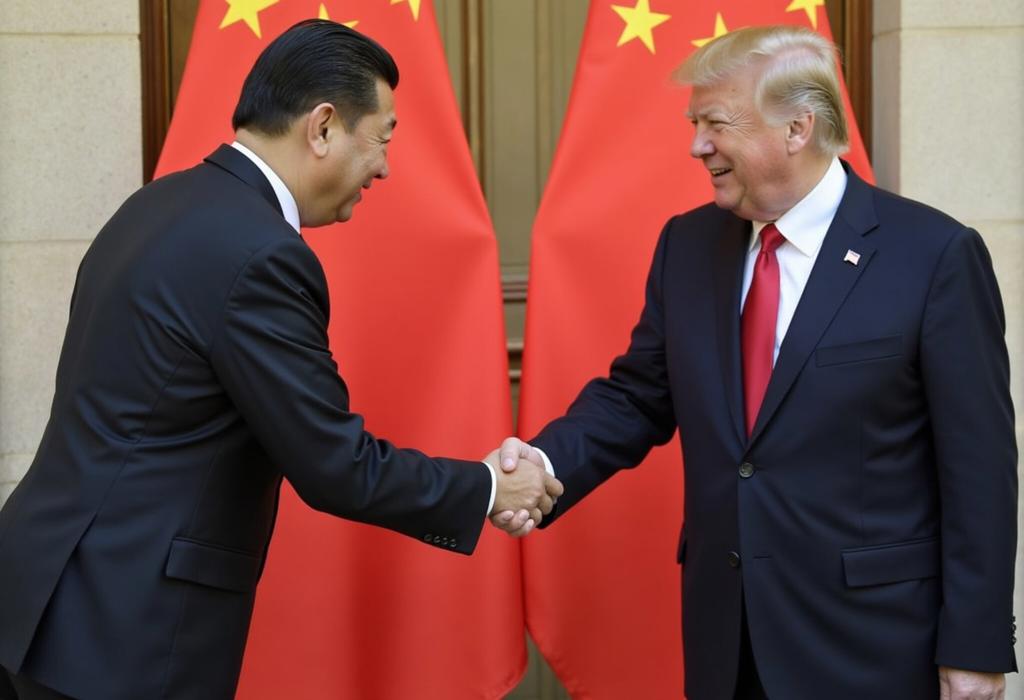In a significant development in the ongoing trade war dynamics, the Australian government has formally rejected China's proposal to collaborate amid rising tensions between the US and China. This decision comes after President Donald Trump's unexpected announcement of a 90-day pause on reciprocal tariffs, lowering tariffs for many nations to 10 percent, a rate Australia has been experiencing since what was termed 'liberation day'. Despite China's attempts to engage constructively, the Australian Deputy Prime Minister Richard Marles firmly stated that Australia would not align itself with China in its conflicts, emphasizing that the nation is focused solely on its own national interests and diversifying trade relationships worldwide. Mr. Marles articulated the need to stabilize relations with China while simultaneously cautioning against any potential economic impacts of China attempting to undercut Australian markets through dumping practices. This assertion highlights the tension in how Australia navigates its relationship with both superpowers, reflecting its set priority in defending national interests and maintaining economic stability. Such decisions imply an assertion of sovereignty amidst mounting global economic pressures. The commentary underscores important concerns regarding free trade principles and how countries adapt their strategies based on geopolitical landscapes. Overall, an air of economic caution pervades the statements from Australian officials, foreshadowing a complex trading environment as relations between major powers continue to evolve. This article has been analyzed and reviewed by artificial intelligence for clarity and depth of insight.
AD
AD
AD
AD
Bias Analysis
Bias Score:
60/100
Neutral
Biased
This news has been analyzed from 9 different sources.
Bias Assessment: The article presents a strong nationalistic tone through its focus on Australia's interests, which may dismiss the nuances of international cooperation needed in complex trade scenarios. While it provides a factual recounting of the events, the framing of Australia's position against collaboration with China leans toward an adversarial perspective rather than a more balanced view of potential benefits of international cooperation.
Key Questions About This Article




